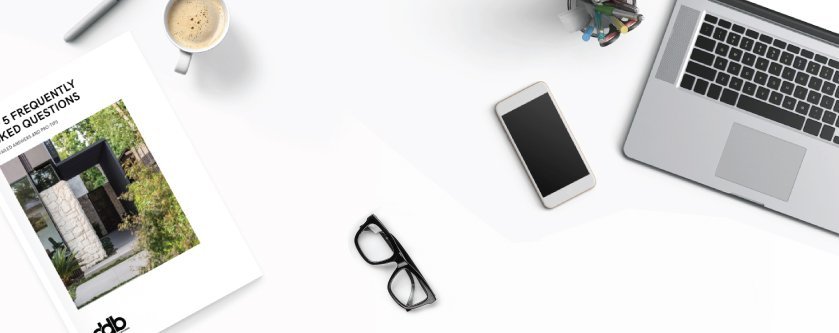
EMAIL# 228- 6TH AUGUST 2023- # "LIFE IS A NEGOTIATION"
Life is much easier if you are a good negotiator.
A couple of months ago I completed the biggest building project of my career.
It was a fantastic project with amazing clients. However rampant inflation and materials shortages spoilt the party.
The last two years have been a “perfect storm” for residential builders. Hundreds of builders have not survived the storm and I believe that negotiation and compromise have been at the heart of the ones that have survived.
For the above project, I signed an AAI (Australian Architects Institute) fixed price building contract early in 2021, started building mid-2021 and finished construction early 2023. During this period building costs increased 30%, which far exceeded my building margin. This meant that after 20 month of work I was potentially coming away with a significant loss.
The clients and architects were well aware of the rapidly rising prices, and we had discussed specific cost increases numerous times during the project. But ultimately it came down to one meeting near the end of the project where we planned to hopefully negotiate a fair outcome for both parties.
The architects who administered the project on behalf of the clients, firmly relied on the “fixed price contract” to insulate the clients from any cost increases. So, I had a big challenge trying to achieve a palatable financial outcome from this meeting.
“You don’t get what you are worth, you get what you can negotiate.” Lawrence King
I started preparing for this “price rise” meeting several months in advance and during the meeting I employed the following negotiation techniques and strategies.
- Information = power. I knew the price rise statistics backwards and had several graphs and media extracts to back up my figures. I studied the contract and sawt legal advice from a lawyer friend. I had also prepared cost increase figures for every sub-trade which I had supplied to the clients and architects a few weeks before the meeting.
- Know what you are prepared to lose. Covid had caused some time delays during the project which potentially added up to significant delay costs chargeable under the building contract. I was fully prepared to not charge the client for any time delay costs, and this became my biggest negotiation bargaining chip.
- Do not let fear hold you back. My fear of conflict was my biggest potential soft spot and knowing this in advance helped me to step up during the negotiation and to know my value.
- Take the moral high ground and enter the negotiation with good intent. I had built up a great relationship with the clients and the architects and knew they all trusted me. This allowed me to present a very fair financial proposal, that I knew would be well considered.
“Being right isn’t the key to a successful negotiation, having the right mindset is.” Chris Voss
- Keep personality and ego out of the negotiation. I was able to focus on the facts and figures and avoided discussing everything I personally had to lose. Negotiations almost always fail because of a bruised ego.
- Active listening is key. Once I had presented my main points, I let the other party do most of the talking. People always want to have their say and be taken seriously. Negotiation is a subtle art, which involves introducing ideas and requests without sounding pushy. Remember, if you issue an ultimatum during a negotiation you will fail.
- The best negotiations end in a win-win. I can honestly say that both parties came away relatively happy from this “cost-increase negotiation”. I conceded to the time delay costs and to approx. half of the “true cost increases” but walked away with the project making a modest profit overall. The clients believe they paid the minimum possible cost increases and had all of their grievances and impressions well heard. Everyone was able to walk away with their head held high.
“Conflict is part of the negotiation process, it’s the clash of two ideas, which then hopefully produces a third idea.” Luke Roberts
Unfortunately, not all negotiations finish up with a win-win and end up getting bogged down at an impasse. The best advice for navigating through a stalemate is to ask yourself “what is the one thing that’s truly non-negotiable” and place all your focus on that.
Thanks for reading,
Stay safe and do not sweat the small stuff.
David
